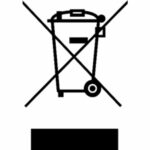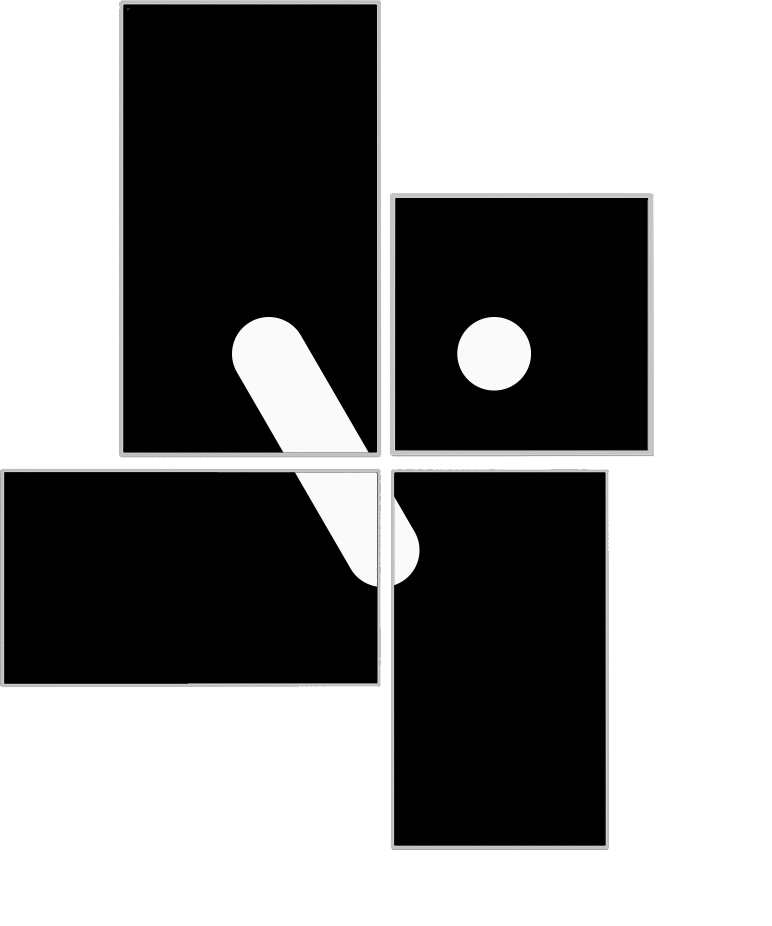Product Recycling
EU Directive 2002/96/EC of the European Parliament and the EU Council on Waste Electrical and Electronic Equipment (known as the WEEE Directive) came into force across EU Member States on 13th August 2005. The WEEE Directive was further updated by EU Directive 2012/19/EU on WEEE (known as the WEEE ‘Recast’ Directive) which later came into force on 24th July 2012.
The purpose of the WEEE Directive is to minimise the impact of uncontrolled disposal of electrical and electronic equipment when it reaches end-of-life by requiring producers such as Videri to provide arrangements for collection, treatment, recycling and other forms of recovery of the products they sell in Europe when they become waste.

All products which are covered by the WEEE Directive must be appropriately labelled with the crossed-out wheelie bin symbol. This symbol denotes that the product must be collected separately from other waste streams when it reaches end-of-life.
For Videri products which are covered by the WEEE Directive and therefore labelled with the crossed-out wheelie bin symbol, please follow the information below in the country you are located to understand how you can send equipment for recycling when it reaches end-of-life.
Austria
Under the Austrian Ordinance of Waste Prevention, Collection, and Treatment of Waste Electrical and Electronic Equipment (EAG-VO), for products that you buy from Videri which carry the crossed-out wheelie bin symbol, Videri provides arrangements for the collection, treatment, recycling, and recovery of these products when they reach end-of-life.
Videri takes its environmental responsibilities seriously to ensure a high-quality recycling process for our products when they reach end-of-life. Videri has implemented a recycling agreement with the European Advanced Recycling Network (EARN Elektroaltgeräte Service GmbH) to ensure the correct treatment, recycling and recovery of WEEE for which Videri is responsible.
As part of this agreement:
- Videri will pay for the costs of treatment, recycling and recovery of WEEE for which Videri is responsible
- In return, Videri requires the end-user customer to arrange and pay for the costs of transport of the WEEE to the EARN recycler in Austria
To organise transport of WEEE for which Videri is responsible, please use the link to complete the online form.
After you have completed the form, you can prepare the WEEE for transport to the EARN recycler by following the online instructions provided.
Germany
Videri takes its environmental responsibilities seriously to ensure a high-quality recycling process for our products when they reach end-of-life. Videri has implemented a recycling agreement with the European Advanced Recycling Network (EARN Elektroaltgeräte Service GmbH) to ensure the correct treatment, recycling and recovery of WEEE for which Videri is responsible.
As part of this agreement:
- Videri will pay for the costs of treatment, recycling and recovery of WEEE for which Videri is responsible
- In return, Videri requires the end-user customer to arrange and pay for the costs of transport of the WEEE to the EARN recycler in Germany
To organise transport of WEEE for which Videri is responsible, please use the link to complete the online form.
After you have completed the form, you can prepare the WEEE for transport to the EARN recycler by following the online instructions provided
